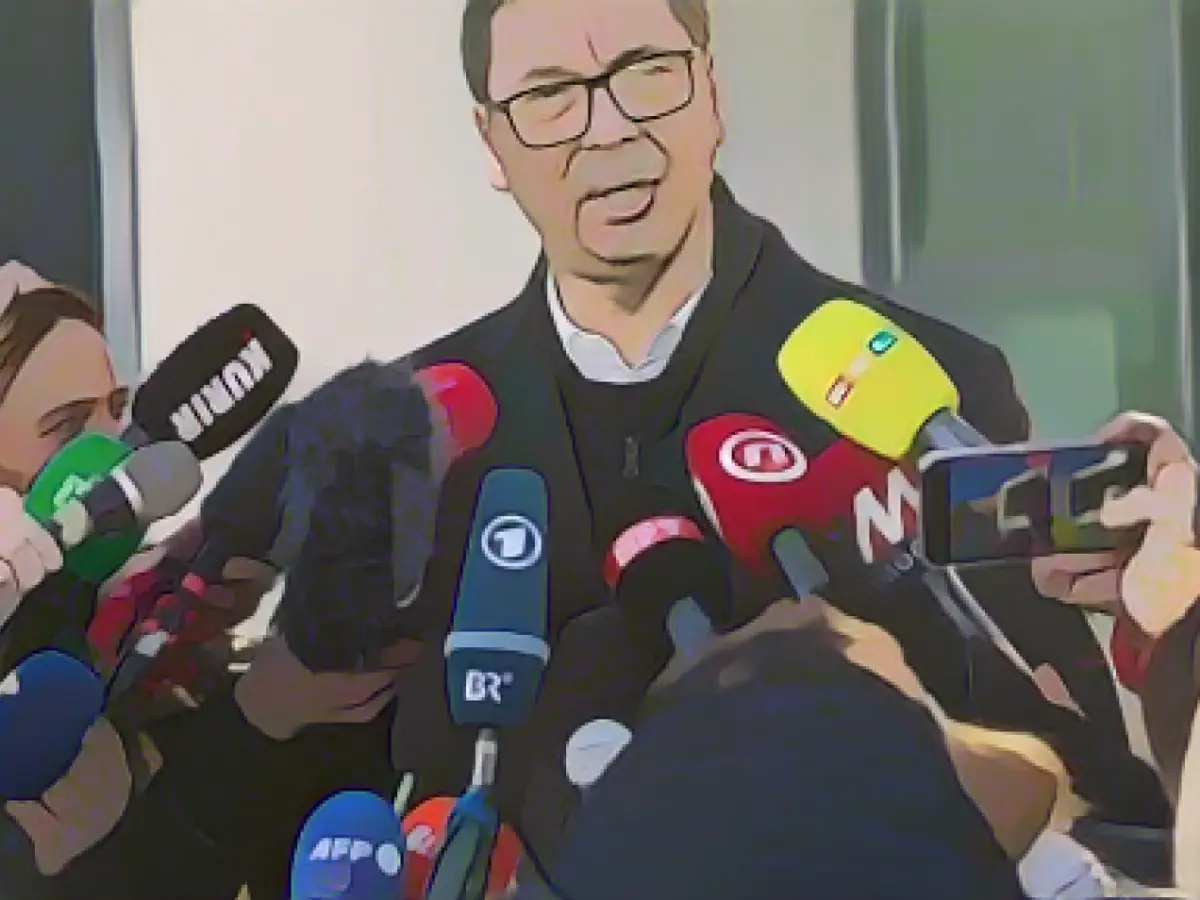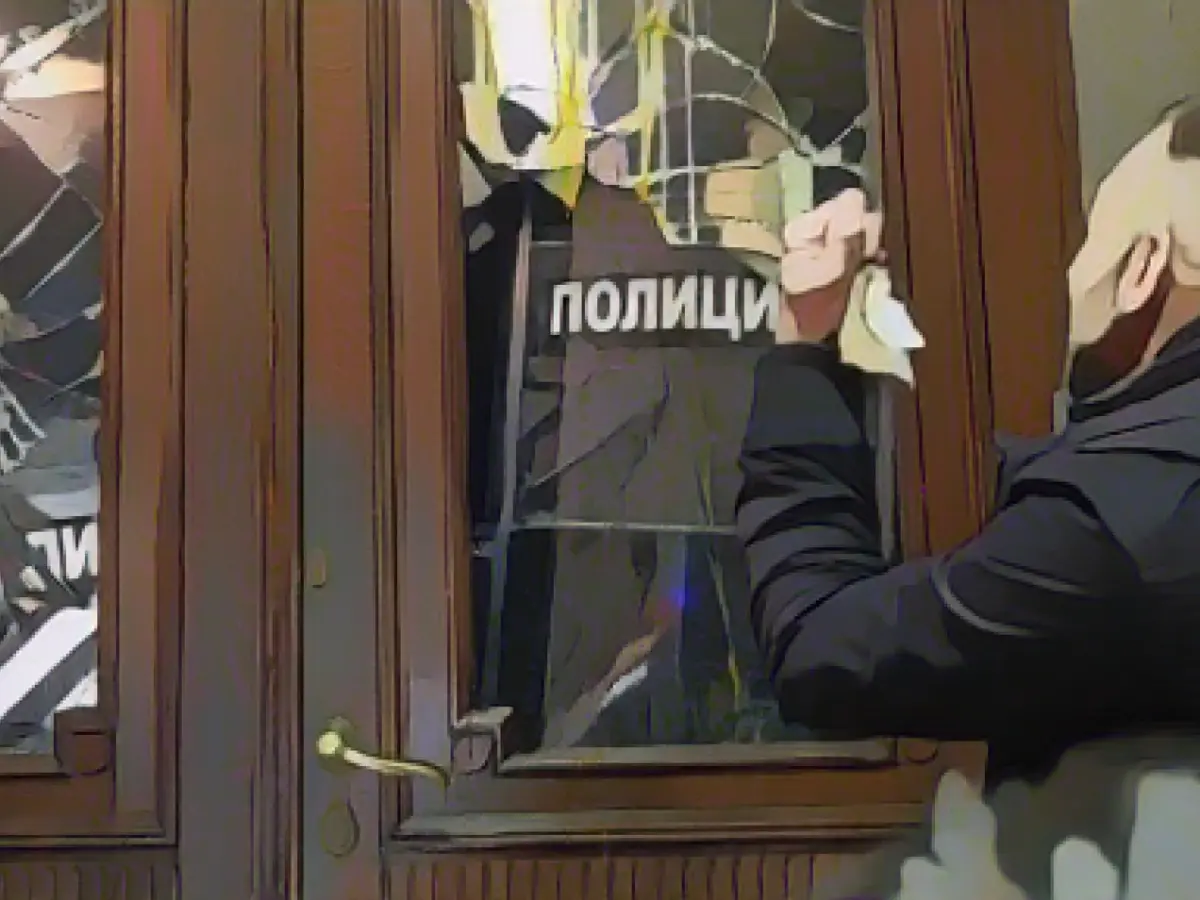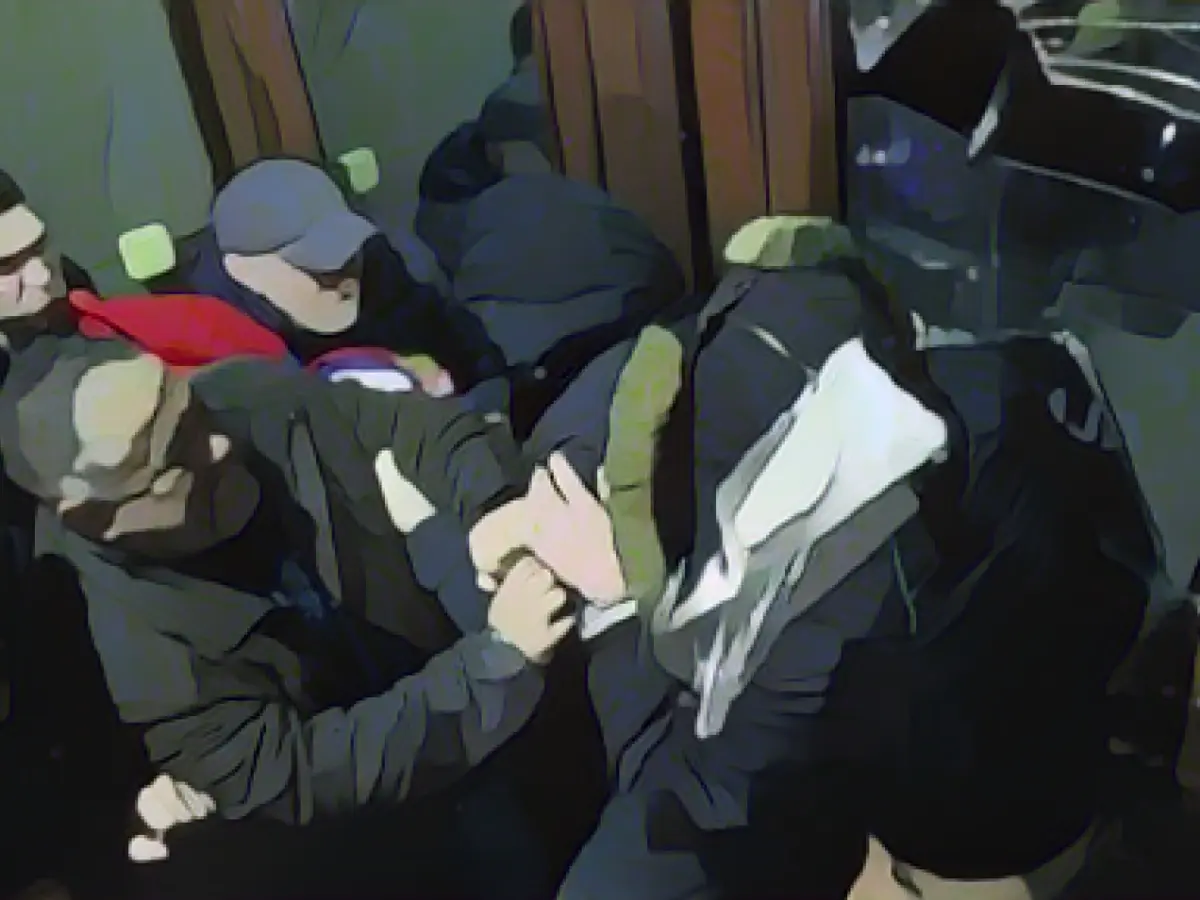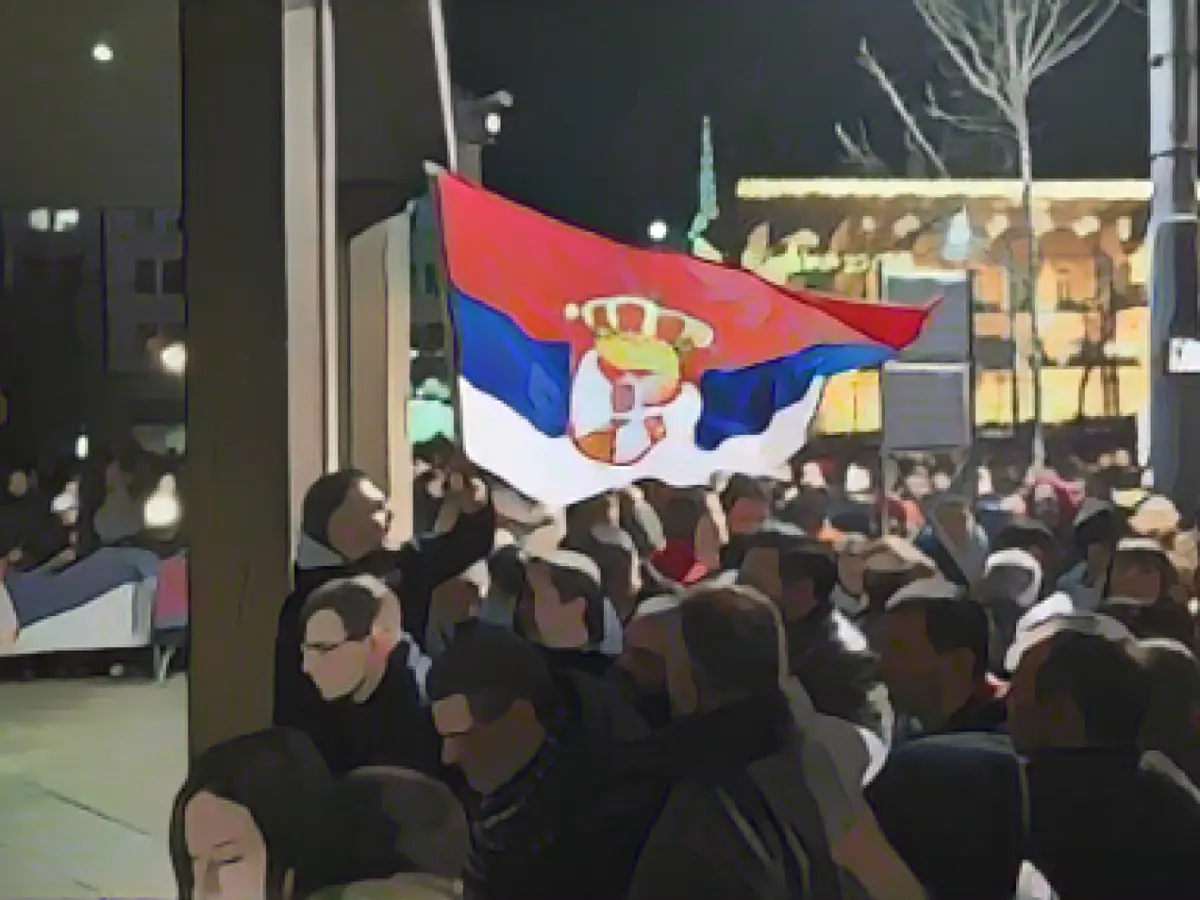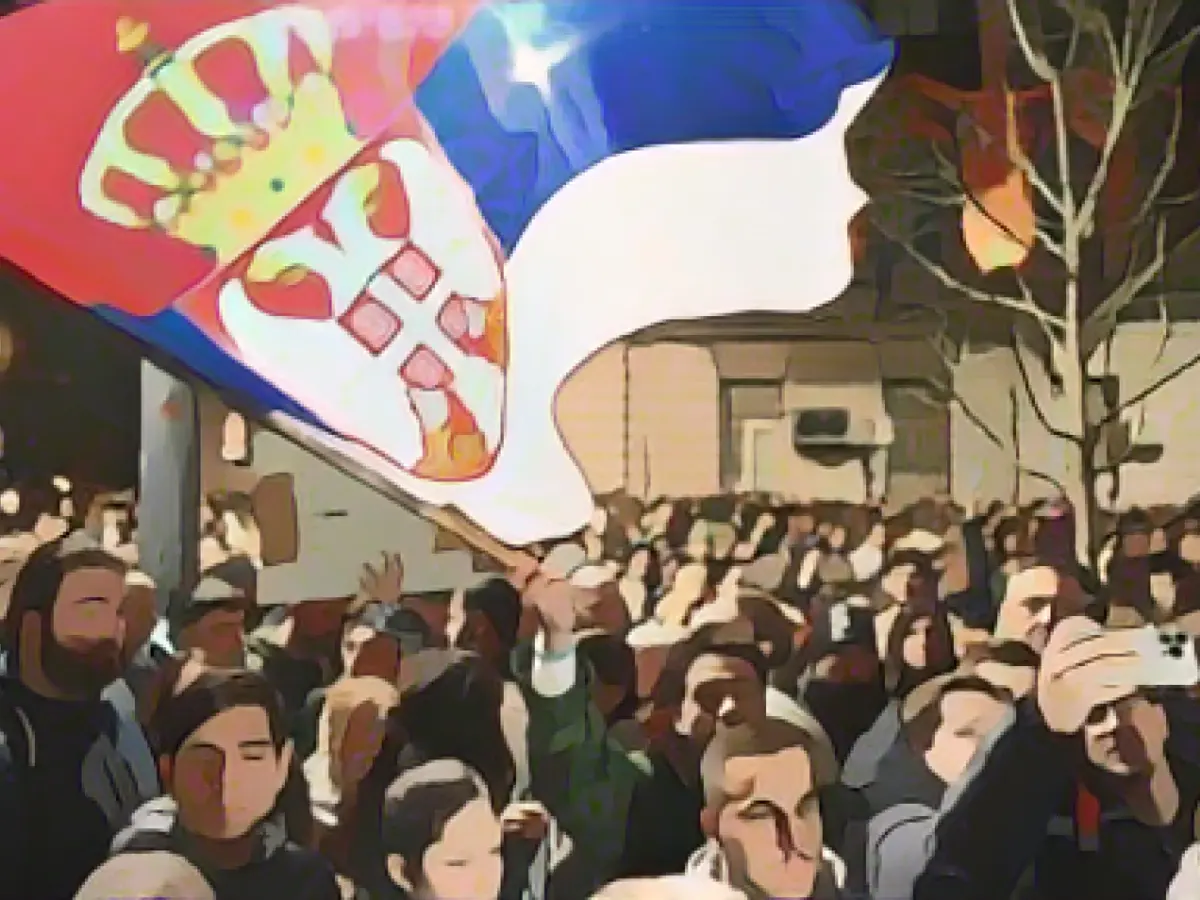Elections in Serbia: Vucic's Party Wins Controversial Victory
Based on preliminary election results, Aleksandar Vucic's Serbian Progressive Party (SNS) has secured a significant win in Serbia's parliamentary elections, with approximately 46% of the votes. The opposition alliance, "Serbia against Violence," trailing closely behind with 23%, gears up for local elections in hopes of capturing the capital.
The Clear Winner
The SNS garnered two percentage points from their 2021 election results, potentially securing a comfortable absolute majority of 129 seats in the 250-seat Parliament (Skupstina). Meanwhile, the Socialist Party of Serbia (SPS) led by Foreign Minister Ivica Dacic, who has been in a coalition with the SNS since 2012, secured a modest 7% of the votes.
Controversial Campaign and Accusations
President Vucic, who dissolved parliament only two years into its term, remains firmly entrenched in Serbian politics. Critics have accused him of employing authoritarian political techniques, manipulating government structures, and employing the police and secret services to undermine political adversaries.
The opposition and election researchers have cited approximately 450 instances of election rule violations. These violations include voter manipulation, ballot-stuffing, and the transportation of voters from neighboring Bosnia.
The Limelight: The Early Elections
The controversy surrounding the elections in Serbia is rooted in several factors, including the trigger for the early elections. Two deadly rampages in May and ongoing conflicts in Kosovo, an independent province since 2008, have emerged as key controversy drivers.
Serbia continues to claim Kosovo as its own, a stance that is met with strong resistance from the province's predominantly Albanian population.
Opposition Movement and Local Elections
The May rampages and subsequent protests against the Vucic government resulted in the formation of the opposition alliance "Serbia against Violence." The alliance hopes to gain traction in local elections held simultaneously on Sunday along with elections for the Chamber of Deputies of the semi-autonomous northern province of Vojvodina and 65 of 197 municipal councils, including that of Belgrade.
The aftermath of the parliamentary elections is fraught with allegations of voter irregularities and opposition protests, further entrenching the country's political divides.
